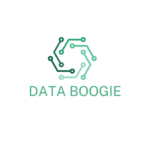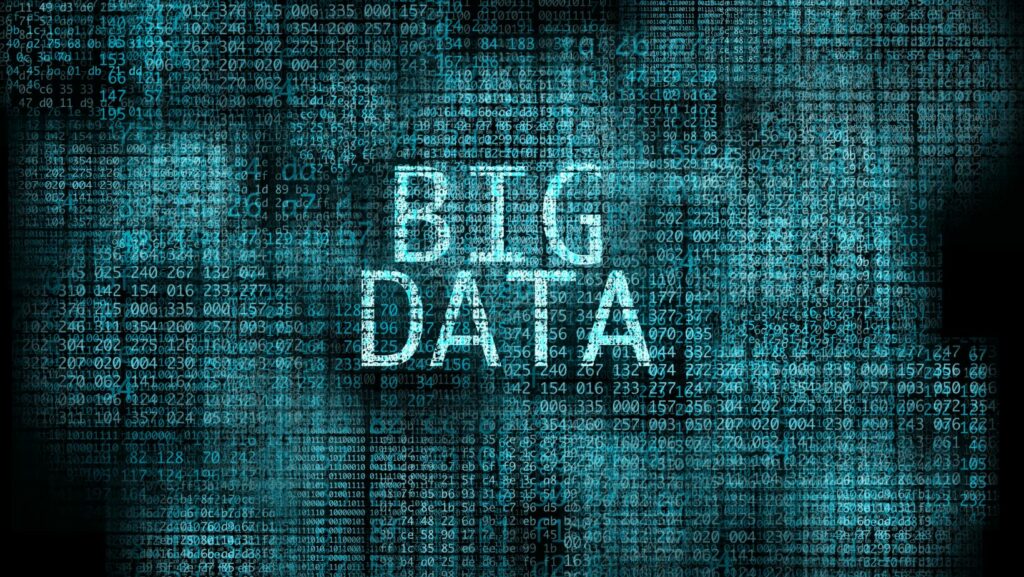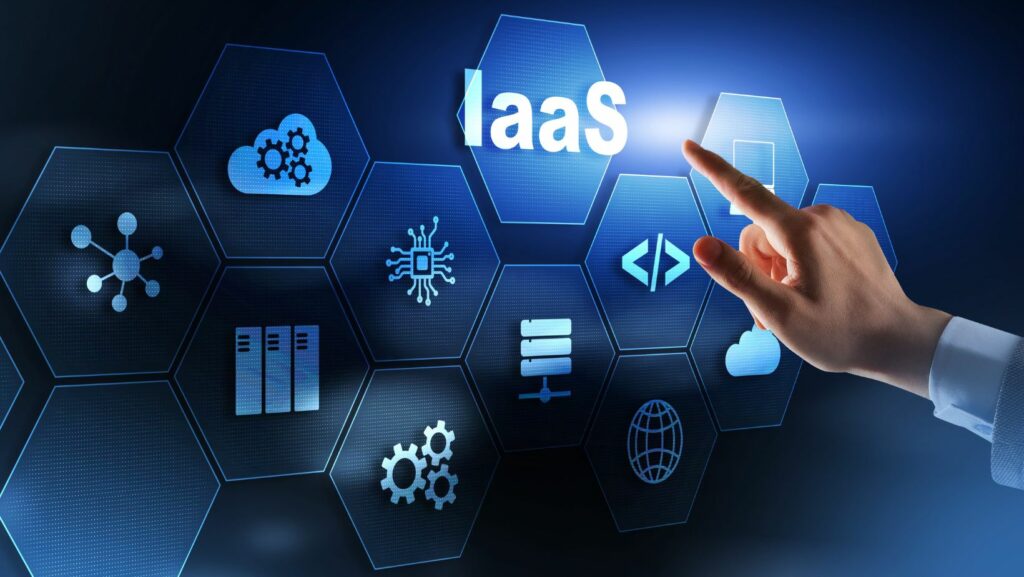Big Data Interview Questions
- Essential Big Data Technologies: Candidates should be familiar with key technologies such as Hadoop, Spark, and NoSQL databases, as technical questions often cover their functionalities and use cases.
- Data Processing Techniques: Understanding ETL processes and different data processing methods, including batch and stream processing, is crucial for demonstrating practical knowledge in interviews.
- Analytical Methods: Candidates must articulate their grasp of analytical methods like descriptive, predictive, and prescriptive analytics, showcasing how these techniques apply to real-world scenarios.
- Programming Proficiency: Being proficient in programming languages such as Python, R, and SQL is vital, as many interview questions will assess the candidate’s coding skills and problem-solving abilities.
- Behavioral Insights: Candidates should prepare to discuss teamwork, conflict resolution, and project management experiences, highlighting their soft skills and ability to collaborate in data-driven environments.
- Preparation Strategies: Utilizing resources like mock interviews, company research, and real-world examples can enhance readiness and confidence for navigating big data interviews effectively.
In today’s data-driven world, big data has become a cornerstone of decision-making across industries. As organizations increasingly rely on data analytics to gain insights, the demand for skilled professionals in this field has skyrocketed. Preparing for a big data interview can be daunting, especially with the variety of technical and analytical questions candidates may face.
Understanding the key big data interview questions can give candidates a significant edge. From foundational concepts to advanced techniques, these questions not only test knowledge but also gauge problem-solving skills and practical experience. Whether it’s about Hadoop, Spark, or data visualization tools, being well-prepared can make all the difference in landing that coveted position in the big data landscape.
Overview of Big Data Interview Questions
 Big data interview questions encompass various topics, ranging from fundamental principles to advanced methodologies. Candidates often encounter questions that assess their knowledge of big data tools, frameworks, and techniques.
Big data interview questions encompass various topics, ranging from fundamental principles to advanced methodologies. Candidates often encounter questions that assess their knowledge of big data tools, frameworks, and techniques.
Key Topics Covered in Interviews
- Big Data Technologies: Questions may focus on technologies such as Hadoop, Spark, and NoSQL databases. Candidates should be prepared to explain their functionalities and use cases.
- Data Processing: Interviewers frequently inquire about data processing techniques, including batch processing and stream processing. Candidates must demonstrate their understanding of ETL (extract, transform, load) processes.
- Data Analysis: Assessments often include questions about data analysis methods, such as descriptive, predictive, and prescriptive analytics. Candidates should articulate how these methods apply to real-world scenarios.
- Data Modeling: Interview questions may explore data modeling concepts, including entity-relationship models and normalization. Candidates should provide examples of their experience with data modeling.
- Programming Skills: Proficiency in programming languages like Python, R, and SQL is commonly evaluated. Candidates must showcase their ability to write efficient, clear code.
Behavioral Questions
- Team Collaboration: Interviewers often include questions about teamwork and collaboration in big data projects. Candidates should recount their experiences working effectively with diverse teams.
- Problem-Solving Skills: Questions on troubleshooting and problem resolution are prevalent. Candidates must illustrate their approach to resolving complex data-related challenges.
- Study Resources: Utilize online courses, books, and practice questions to build a solid foundation in big data concepts.
- Mock Interviews: Participate in mock interviews to improve confidence and articulate responses clearly.
- Real-World Examples: Prepare to discuss specific projects or experiences that highlight relevant skills and knowledge.
By focusing on these topics and preparation strategies, candidates can navigate big data interviews with confidence and competence.
Common Categories of Big Data Interview Questions
Big data interviews typically cover several categories to assess a candidate’s skills and knowledge. Understanding these categories can help candidates prepare effectively.
Technical Questions
Technical questions focus on specific tools and technologies used in big data environments. Candidates often encounter questions about Hadoop architecture, Spark’s data processing capabilities, and NoSQL databases like MongoDB or Cassandra. Questions may also address data ingestion techniques, querying with SQL, and understanding data storage solutions. It’s vital for candidates to demonstrate familiarity with the big data ecosystem, including tools like Apache Kafka for real-time data streaming and Apache Flink for stream processing.
Analytical Questions
Analytical questions evaluate a candidate’s problem-solving abilities and data interpretation skills. Candidates often face scenarios that require them to analyze datasets, draw conclusions, and suggest actionable insights. Questions may explore methods of data cleaning, visualization techniques, and the application of machine learning algorithms. Candidates should be ready to discuss descriptive, predictive, and prescriptive analytics, highlighting their understanding of statistical concepts and data modeling methodologies.
Behavioral Questions
Behavioral questions assess how candidates approach teamwork, conflict resolution, and project management. Interviewers may inquire about past experiences involving collaboration on data projects or handling challenging situations within a team. Candidates should highlight instances where they demonstrated leadership, effective communication, and adaptability to changing requirements. This category allows candidates to showcase their soft skills, which are crucial for success in a collaborative data-driven environment.
Preparing for Big Data Interviews
Preparing for big data interviews requires a strategic approach. Candidates should focus on both technical knowledge and practical skills relevant to the position.
Researching the Company
Researching the company is crucial for tailored responses during interviews. Candidates should explore the following areas:
- Company Background: Understand the company’s mission, vision, and core values.
- Industry Position: Analyze the company’s role within the big data landscape and its competitors.
- Current Projects: Investigate recent projects or case studies the company has undertaken, especially those involving big data technologies.
- Technologies Used: Familiarize with the specific big data tools and platforms the company employs, such as Hadoop, Spark, or NoSQL databases.
By gathering this information, candidates can align their answers to reflect the company’s priorities and demonstrate genuine interest in the role.
Practicing with Mock Interviews
Practicing with mock interviews enhances readiness for the real experience. Candidates should:
- Simulate Real Interviews: Engage with peers or mentors to conduct practice interviews, focusing on technical, analytical, and behavioral questions.
- Record Responses: Use video or audio recordings for self-assessment, identifying areas for improvement in communication and confidence.
- Seek Feedback: Obtain constructive feedback from others to refine responses and adjust interview strategies accordingly.
- Time Management: Practice answering questions within a set timeframe to improve delivery and clarity.
Regular mock interviews provide valuable insights into personal strengths and weaknesses, ensuring candidates approach big data interviews with greater assurance.
Key Concepts to Understand
Grasping essential concepts in big data is crucial for interview success. Candidates must familiarize themselves with data management, analytics, and the various tools used in the industry.
Data Management
Data management encompasses the processes used to collect, store, and maintain data. Key practices include:
- Data Governance: Establishing policies for data quality and management.
- Data Warehousing: Storing data in centralized repositories for easy access and analysis.
- ETL (Extract, Transform, Load): Workflow for collecting data from various sources, transforming it into a usable format, and loading it into target databases.
- Data Security: Implementing measures to protect data integrity and privacy.
Understanding these concepts helps candidates respond effectively to questions about how data systems operate and the protocols necessary for data handling.
Analytics and Algorithms
Analytics and algorithms form the backbone of big data insights. Candidates should be knowledgeable about:
- Descriptive Analytics: Techniques that summarize past data to identify trends and patterns.
- Predictive Analytics: Using historical data to forecast future events or behaviors.
- Prescriptive Analytics: Recommending actions based on data-driven insights.
- Machine Learning Algorithms: Understanding algorithms like linear regression, decision trees, and neural networks, which are essential for analyzing data patterns and driving intelligent decisions.
Familiarity with these analytic methods and their applications will bolster candidates’ abilities to discuss data interpretation and decision-making methodologies.
Tools and Technologies
Proficiency in tools and technologies used in big data environments is vital. Candidates should focus on:
- Hadoop: A framework for distributed storage and processing of large data sets across clusters of computers.
- Spark: A unified analytics engine for big data processing, with built-in modules for streaming, SQL, machine learning, and graph processing.
- NoSQL Databases: Understanding the different types (e.g., document, key-value, columnar) that offer flexibility for unstructured data.
- Data Visualization Tools: Familiarity with tools like Tableau and Power BI, which facilitate the interpretation of complex data through visual representation.
Having a solid understanding of these tools allows candidates to demonstrate technical competence and an ability to work effectively within big data ecosystems.
Navigating big data interviews requires a blend of technical knowledge and soft skills. Candidates who prepare strategically and understand the nuances of the interview process stand a better chance of success.
Familiarity with key concepts and tools is essential. By practicing with mock interviews and tailoring responses to specific companies, candidates can showcase their expertise and confidence.
Ultimately, thorough preparation not only enhances interview performance but also positions candidates as valuable assets in the ever-evolving field of big data.



